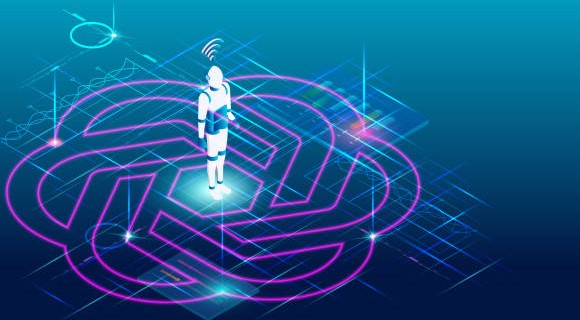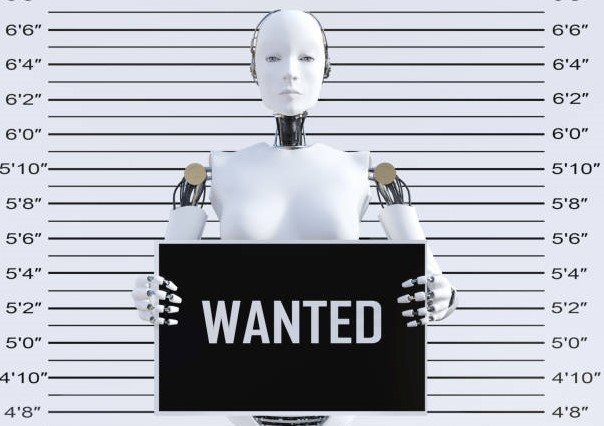Artificial Intelligence has been making remarkable strides in recent years, transforming our lives and reshaping our society. AI-powered algorithms and systems are now used in various fields, from healthcare and finance to transportation and entertainment. However, as AI advances, it also poses several challenges and risks that need to be addressed. In this article, we explore why we need an AI pause and the reasons behind it.
Bias and Discrimination
One of the biggest concerns about AI is that it can perpetuate and even amplify bias and discrimination. AI algorithms are trained on vast amounts of data, and if that data is biased or incomplete, the algorithm will reproduce and reinforce those biases. This can lead to discrimination against certain groups of people, particularly those from marginalized communities. For instance, a facial recognition system that is trained on a dataset that has predominantly white faces might have difficulty recognizing people with darker skin tones. To address this issue, we need an AI pause to develop better and more diverse datasets, as well as more transparent and accountable AI systems.
Privacy and Security
Another challenge posed by AI is the potential for invasion of privacy and security breaches. AI algorithms can analyze vast amounts of data, including personal information, without the individual’s knowledge or consent. This can lead to the collection of sensitive data, such as medical records or financial information, which can then be used for malicious purposes. Moreover, AI systems can be vulnerable to cyber-attacks and hacking, which can compromise their integrity and cause harm to individuals and organizations. To address this issue, we need an AI pause to develop stronger privacy and security protocols, as well as more ethical and responsible AI practices.
Job Displacement
AI has the potential to transform the way we work, but it also poses a threat to many jobs that are currently performed by humans. AI-powered automation can replace human workers in various industries, from manufacturing and retail to transportation and finance. This can lead to unemployment and economic inequality, particularly for workers with low skills or education levels. To address this issue, we need an AI pause to develop strategies for re-skilling and up-skilling workers, as well as creating new job opportunities that are complementary to AI technologies.
Lack of Accountability
Finally, one of the biggest challenges posed by AI is the lack of accountability and transparency in its decision-making processes. AI algorithms are often complex and opaque, making it difficult to understand how they arrive at their conclusions. This can lead to a lack of trust and confidence in AI systems, particularly in critical areas such as healthcare and justice. To address this issue, we need an AI pause to develop more transparent and explainable AI systems, as well as ethical and legal frameworks that hold AI developers and users accountable for their actions.
Thoughts
AI has the potential to bring many benefits and advances to our society, but it also poses several challenges and risks that need to be addressed. A pause in AI development and deployment can provide us with the opportunity to reflect on these challenges and develop strategies to address them. By doing so, we can ensure that AI is developed and used in a way that is ethical, responsible, and beneficial to all members of our society.



